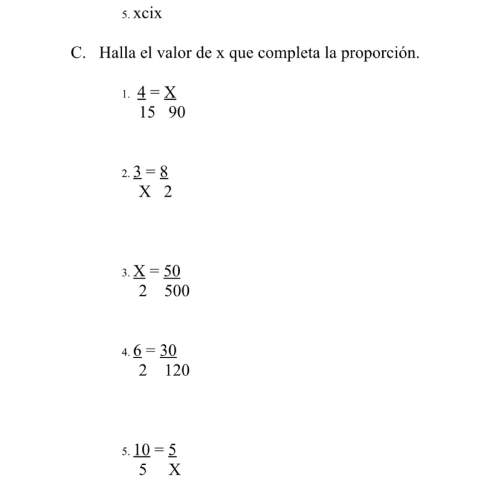
Mathematics, 14.02.2020 05:25 tinyiaihfurlow
Introduces a study on the relationship between socio-economic class and unethical behavior. As part of this study 129 University of (California Berkeley undergraduates were asked to identify themselves as having low or high social-class by comparing themselves to others with the most (least) money, most (least) education, and most (least) respected jobs. They were also presented with a jar of individually wrapped candies and informed that the candies were for children in a nearby laboratory, but that they could take some if they wanted. After completing some unrelated tasks, participants reported the number of candies they had taken. It was found that those who were identified as upper-class took more candy than others. Identify the population of interest and the sample in this study. Comment on whether or not the results of the study can be generalized to the population, and if the findings of the study can be used to establish causal relationships.

Answers: 3


Another question on Mathematics

Mathematics, 21.06.2019 14:30
If anyone has done the algebra 2 chaos theory portfolio would you be wiling to me? i kind of know what i'm doing i just don't know if i'm doing it right.
Answers: 1

Mathematics, 21.06.2019 19:00
What are the solutions of the system? solve by graphing. y = -x^2 - 3x + 2 y = -2x + 2
Answers: 1

Mathematics, 21.06.2019 21:30
Scott’s bank account showed a balance of $750 on sunday. during the next five days, he made one deposit of $140 and numerous withdrawals of $180 each. let x represent the number of withdrawals that scott made. write an inequality that can be used to find the maximum number of withdrawals that scott could have made and maintain a balance of at least $100. do not use a dollar sign ($) in your response.
Answers: 1

Mathematics, 21.06.2019 23:50
What is the probably of getting heads when poing a coin and getting a number greater than or equal to 5 when rolling a single diea) 1/6b) 1/3c) 1/4d) 1/12
Answers: 2
You know the right answer?
Introduces a study on the relationship between socio-economic class and unethical behavior. As part...
Questions



Social Studies, 14.11.2019 10:31

Geography, 14.11.2019 10:31

Chemistry, 14.11.2019 10:31

Mathematics, 14.11.2019 10:31

English, 14.11.2019 10:31





Physics, 14.11.2019 10:31



English, 14.11.2019 10:31


Mathematics, 14.11.2019 10:31


Mathematics, 14.11.2019 10:31




